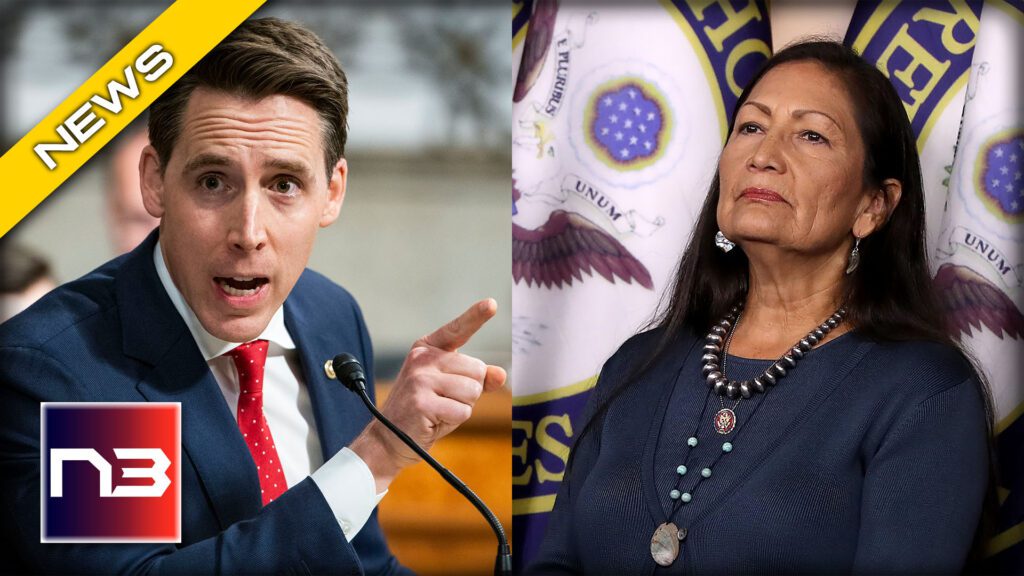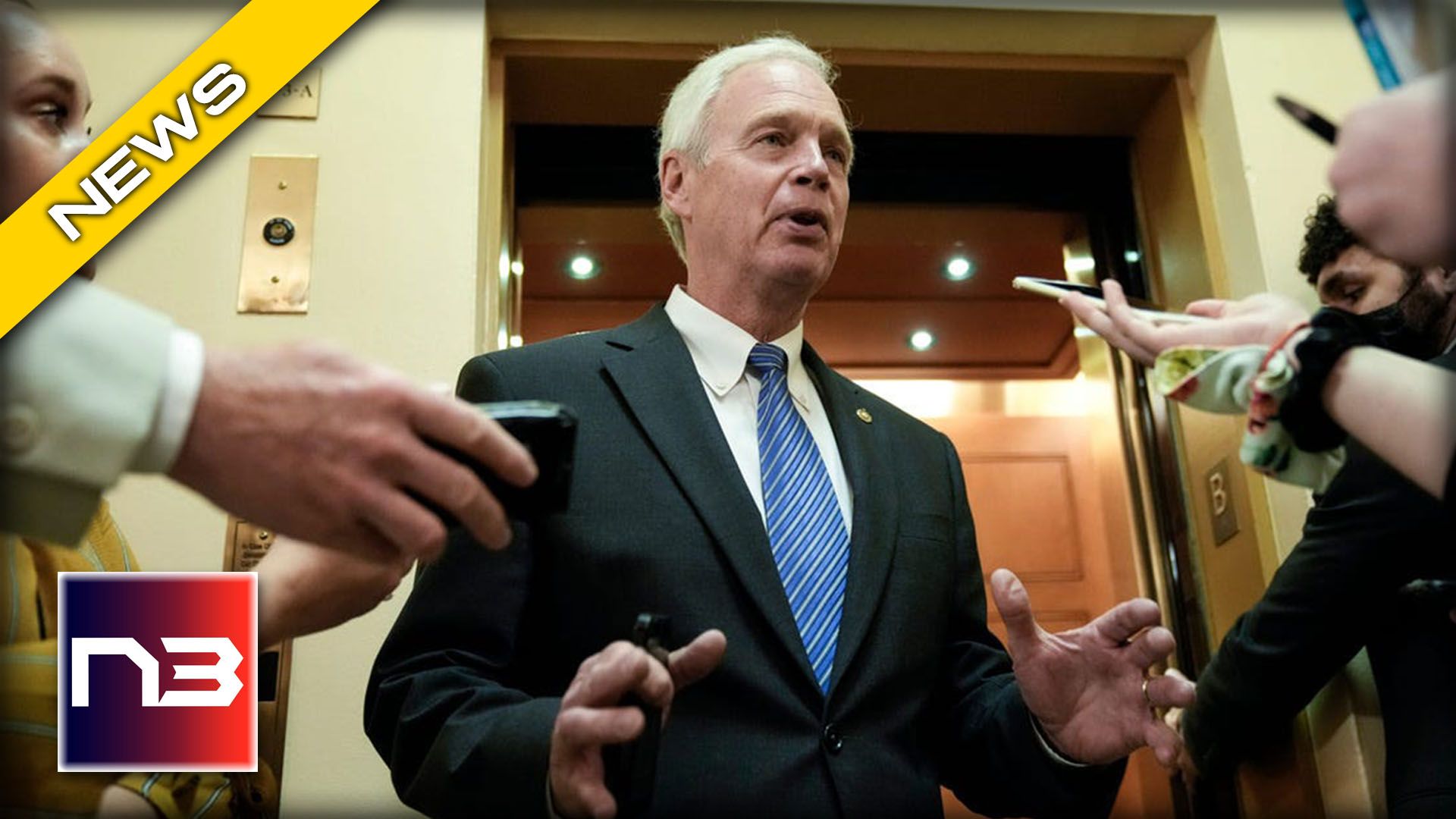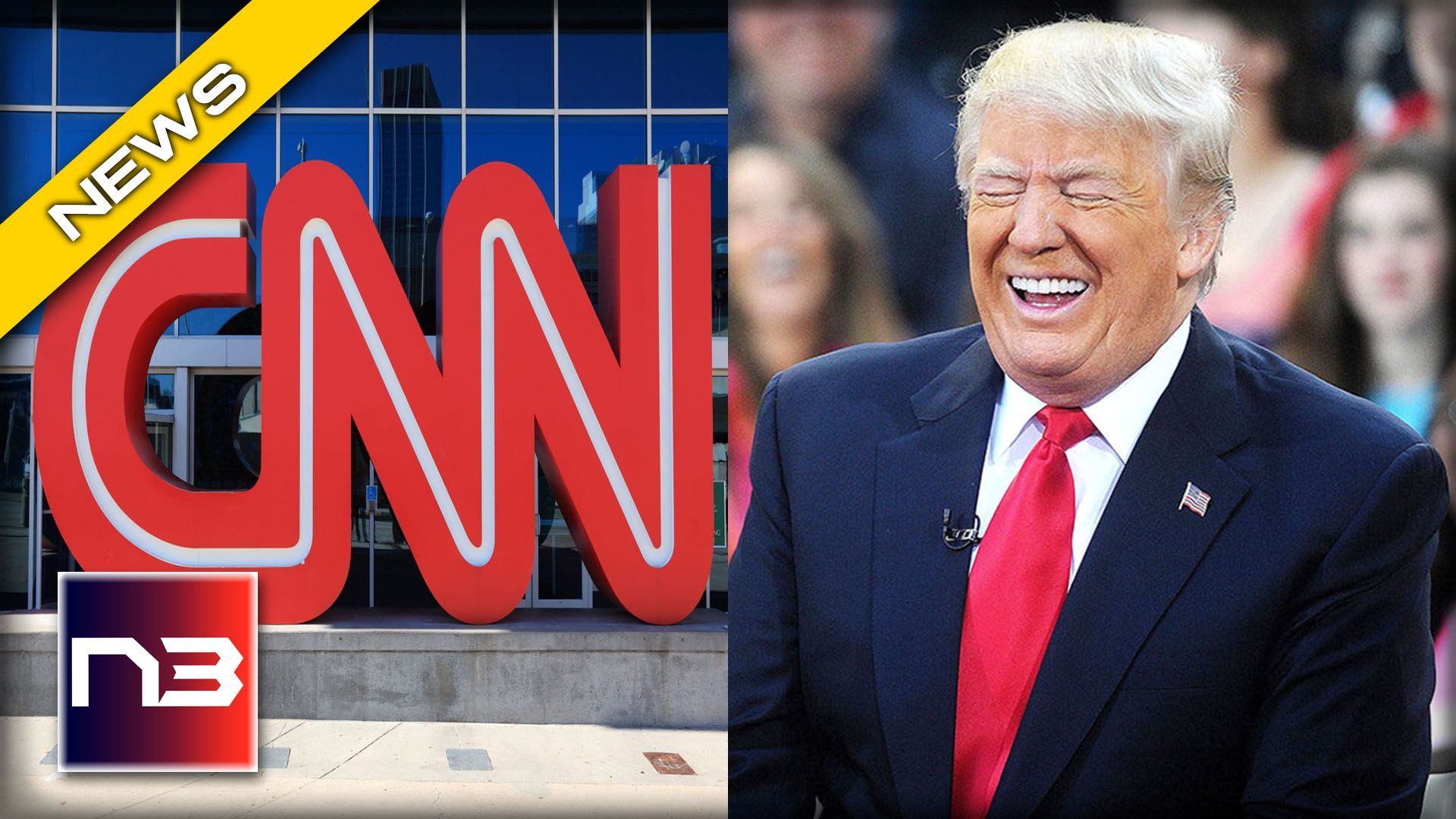“Are you serious?” Those were the words of Senator Josh Hawley (R-MO) in response to Interior Secretary Deb Haaland’s shocking comment that the U.S. has “too many jobs.” In a heated exchange during a Senate hearing, Hawley confronted Haaland over the Biden administration’s radical climate change agenda, which he claimed was hurting American energy security and sacrificing blue-collar jobs.
Senator Josh Hawley (R-MO) confronted Interior Secretary Deb Haaland on Tuesday over the Biden administration’s radical climate change agenda, which he claimed was hurting American energy security and sacrificing blue-collar jobs. In a Senate hearing, Hawley pointed out that manufacturing lithium-ion batteries for electric vehicles was causing environmental damage and making the U.S. more dependent on China, which produces the majority of these components. Haaland responded by suggesting that there were too many jobs in the country, prompting Hawley to accuse her of dismissing the concerns of blue-collar workers and prioritizing green dreams over American prosperity.
Hawley’s exchange with Haaland took place during a Senate Energy and Natural Resources Committee hearing, where he pressed her on the Biden administration’s policies towards mining and energy production. Hawley noted that the administration had banned mining across 225,504 acres near Duluth, Minnesota earlier this year, which would have allowed the development of nickel, copper, and cobalt resources in the U.S. Instead, the administration was relying on China, which controlled 80% of the world’s refined cobalt supply, and was also the world’s leading producer of refined lithium, which was essential for manufacturing lithium-ion batteries.
Haaland admitted that she did not know China was the world’s leading producer of these materials, prompting Hawley to ask why the administration was blocking permits for mines in the U.S. that would allow the country to develop these resources and become less dependent on China. Hawley accused the administration of sacrificing American energy security and blue-collar jobs in favor of a radical climate change agenda.
Haaland responded by suggesting that the U.S. did not have enough people to fill all the jobs, prompting Hawley to ask if she was suggesting that the country had too many jobs for blue-collar workers. He pointed out that over three million jobs had been lost to China in the last 20 years, with many of them coming from Midwestern towns like the ones he represented. He accused Haaland of ignoring the concerns of blue-collar workers and prioritizing green dreams over American prosperity.
The exchange between Hawley and Haaland highlights the deep divide between the Biden administration’s environmental policies and the concerns of American workers. While the administration has promised to create new jobs in the green energy sector, critics argue that these jobs are not enough to offset the losses in traditional energy industries like coal and oil. They also point out that the U.S. is becoming increasingly dependent on China for critical materials like cobalt and lithium, which could pose a national security risk.
As the U.S. seeks to transition to a low-carbon economy, it must balance the needs of workers with the imperative of reducing greenhouse gas emissions. The Biden administration has argued that it can do both, but critics like Hawley remain skeptical. They point out that the U.S. has abundant natural resources that could be developed to create good-paying jobs while also reducing dependence on China.
Senator Josh Hawley’s exchange with Interior Secretary Deb Haaland highlights the Biden administration’s disregard for American workers and energy security in favor of a radical climate change agenda. By prioritizing green dreams over blue-collar jobs, the administration is sacrificing the livelihoods of millions of Americans and making the U.S. more dependent on China for critical materials like cobalt and lithium. As the U.S. seeks to transition to a low-carbon economy, it must do so in a way that creates new jobs and reduces dependence on foreign powers. Stay tuned to Next News for more breaking news on this crucial issue.
Let’s continue this conversation, in the comments below.

















